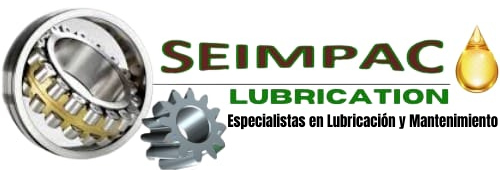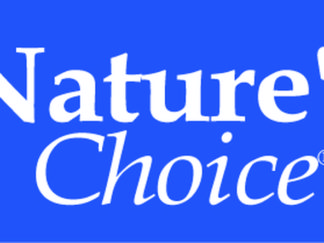Descripción
Delo® 400 LE SAE 15W-40 es un aceite de motor para flotas mixtas recomendado para motores diésel de cuatro tiempos turbocargados y de aspiración natural y motores de gasolina de cuatro tiempos en los que se recomienda la categoría de servicio API CJ-4 y el grado de viscosidad SAE 15W-40. BENEFICIOS PARA EL CLIENTEDelo 400 LE SAE 15W-40 es un aceite de motor de servicio pesado API CJ-4 formulado específicamente para aplicaciones dentro y fuera de la carretera, incluidos los motores diésel de bajas emisiones que cumplen con los requisitos de 2010 con reducción catalítica selectiva (SCR), filtro de partículas diésel (DPF) y sistemas de recirculación de gases de escape (EGR). Es totalmente compatible con modelos de motor anteriores y categorías de servicio de aceite API anteriores. Brinda valor a través de: • Costos operativos minimizados — Dispersión de hollín y control de desgaste excepcionales. Los cilindros, pistones, anillos e inyectores están bien protegidos contra el desgaste y la corrosión. proporcionando una vida útil óptima y un mantenimiento mínimo. Contribuye a la utilización máxima del vehículo y al tiempo de inactividad mínimo. • Excelente vida útil del sistema de control de emisiones: proporciona una vida útil óptima del filtro de partículas diésel (DPF) para un tiempo de inactividad y una limpieza mínimos, lo que permite administrar sus costos de mantenimiento. Adecuado para su uso en motores de gasolina de cuatro tiempos y de aspiración natural, turboalimentados y modernos controlados electrónicamente/diésel de bajas emisiones que requieran un aceite de motor SAE 15W-40 para servicio pesado. Permite a los usuarios con una amplia combinación de marcas de motores disfrutar de inventario simplificado y sistemas de dispensación que pueden contribuir a ahorrar dinero, espacio y tiempo de manipulación.




